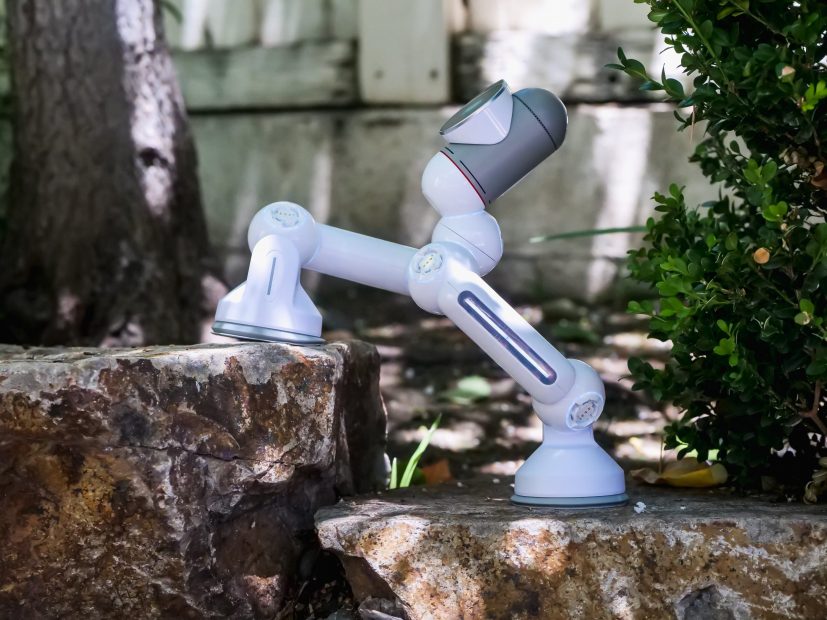- DCC Spaces
- Services
- About
- Careers
- Blogs
When it comes to recruiting for a business or company, the increasing prominence of advanced AI tools is hard to overlook. These tools, known for their efficiency and wide reach, are transforming the recruitment landscape.
However, as these cutting-edge technologies become more widespread, it is crucial to recognize the significance of human involvement in the hiring process. Various states, such as Maryland, Illinois, and New York City, are taking measures to regulate the ethical application of AI in recruitment. For instance, Maryland and Illinois mandate companies to obtain permission before utilizing AI, while New York City is actively addressing bias issues and advocating for transparency.

The question arises: Why is maintaining a human touch so essential? One major reason is the necessity to guard against unintentional biases that may enter the hiring process through AI systems.
These technologies learn from patterns, and when it comes to assessing job applicants through video screenings, there is an elevated risk of unfair treatment, particularly related to race or disability. According to insights from the Society for Human Resource Management (SHRM), human oversight is crucial to ensure fairness and equity.

Beyond the imperative of fairness, hiring is a significant undertaking. While AI brings speed and efficiency, it struggles to grasp subtle details that only humans can understand—such as interpreting emotions and contextual clues.
Tasks like engaging in conversations with candidates and discerning their emotions are best handled by humans. The ability to offer personalized feedback and navigate unforeseen situations distinguishes human recruiters from their AI counterparts.

In essence, the relationship between AI and human involvement in hiring resembles a well-coordinated dance. Despite regulations and sophisticated AI tools, the undeniable truth is that human intuition and adaptability play a pivotal role. The future of effective recruitment lies in achieving a harmonious synergy between technological advancements and the enduring human touch.
This balance ensures that hiring processes are not only efficient but also characterized by fairness, transparency, and a deep understanding of the nuances of human interaction. When considering hiring strategies, it is paramount to recognize that while technology is a valuable aid, the human touch remains a crucial element for a truly successful and equitable recruitment process.